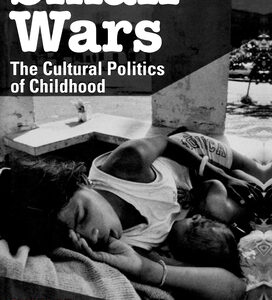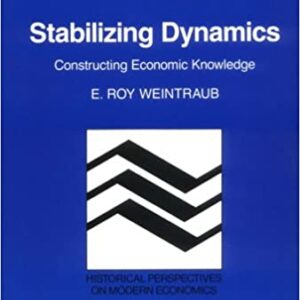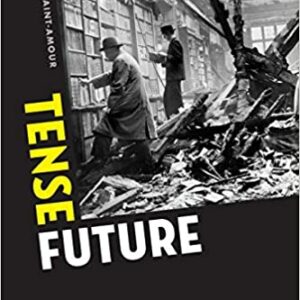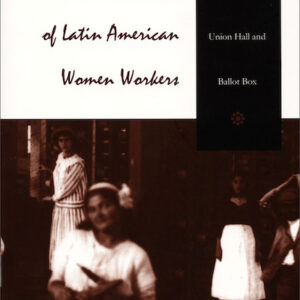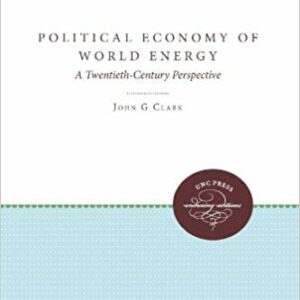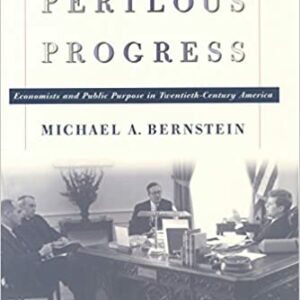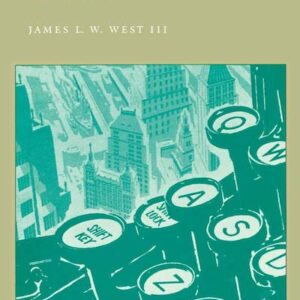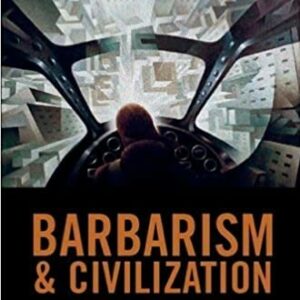
Running for Freedom: Civil Rights and Black Politics in America Since 1941
By Steven F. Lawson (NHC Fellow, 1987–88) This book is a history of the black civil rights movement in the United States, ranging from A. Philip Randolph’s threatened march on Washington on the eve of American entry into World War II to Jesse Jackson’s stirring presidential bids in the 1980s. The author describes the major … Continued
